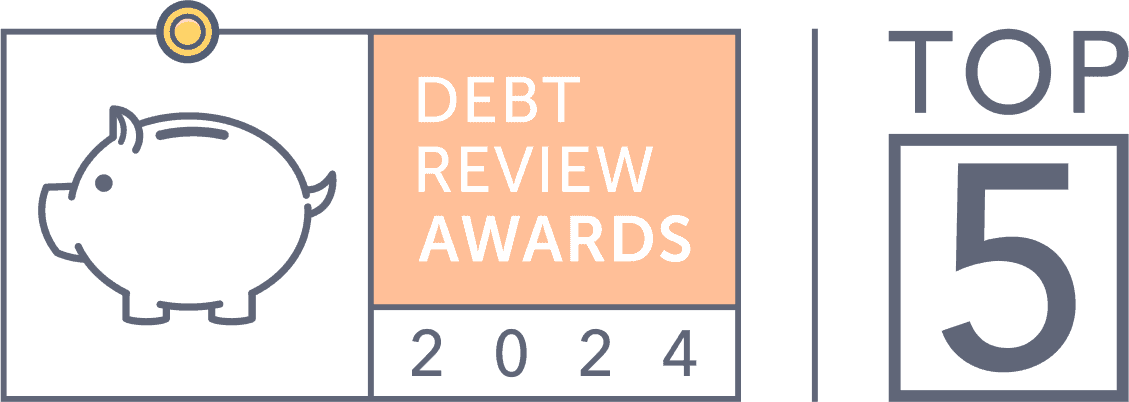
Debt Counselling Process
The debt counselling process was introduced by the National Credit Regulator (NCR) to assist over-indebted consumers experiencing financial difficulty. A registered debt counsellor can help these consumers by developing a repayment plan that is both affordable and acceptable to all credit providers. In the fast-paced world we find ourselves in today, financial stability is a cornerstone of personal well-being. Yet, many individuals find themselves overwhelmed by debt due to unforeseen circumstances. Debt counselling emerged as a beacon of hope for those struggling to regain control over their finances, protecting them from credit providers and legal action.
What is Debt Counselling?
Debt counselling is a professional service designed to help consumers manage and reduce their debt through structured financial planning and negotiation with creditors.
It involves working with registered debt counsellors who assess a consumer’s financial situation, create a manageable budget, and develop a debt repayment plan tailored to the specific needs of the consumer by using the debt counselling process.
When to Consider Debt Counselling
Recognizing the need for debt counselling is the first step toward financial recovery. Indicators that you might benefit from this service include:
- Consistently missing debt payments or paying only minimum amounts.
- Relying on credit to cover daily expenses.
- Receiving constant calls or letters from creditors and collection agencies.
- Feeling overwhelmed and stressed about financial obligations.
Debt Counselling Process Steps
Initial Assessment
The debt counselling process journey begins with an initial consultation, where the debt counsellor will do an assessment by gathering comprehensive information about the consumer's financial situation.
This includes income sources, monthly expenses, assets, and a detailed list of debts. The goal is to gain a clear picture of the financial landscape to identify the root causes of debt accumulation.
Budget Planning
Based on the assessment, the debt counsellor helps the consumer create a realistic affordable budget.
This step involves prioritizing essential expenses, identifying areas where spending can be reduced, and ensuring that basic living costs are met.
The budget serves as a foundational tool for managing finances effectively.
Debt Repayment Plan
The debt counsellor develops a personalized debt repayment plan. This plan outlines how debts will be paid off over time, typically through consolidated monthly payments.
The debt counsellor negotiates with creditors to potentially lower interest rates, waive fees, or extend payment terms, making the debt more manageable.
Implementation
Once the plan is agreed upon, the individual begins making regular payments to the Payment Distribution Agency (PDA) as per the arrangement. Consistency in payments is crucial to the success of the plan.
Ongoing Support and Monitoring
Throughout the process, the debt counsellor provides continuous support, adjusting the plan as necessary due to changes in income or expenses.
Regular check-ins ensure that the consumer stays on track toward achieving financial stability.
Benefits of Debt Counselling
- Consolidated Payments: Simplifies debt repayment by combining multiple debts into a single monthly payment.
- Reduced Interest Rates: Negotiations can lead to lower interest rates, reducing the total amount payable over time.
- Avoidance of Bankruptcy: Provides an alternative to declaring bankruptcy, which has more severe long-term financial repercussions.
- Financial Education: Empowers individuals with knowledge and tools to manage finances effectively, preventing future debt issues.
- Stress Reduction: Alleviates the emotional burden associated with debt by providing a clear, manageable path forward.
Limitations and Considerations
While the debt counselling process offers numerous benefits, it's essential to be aware of potential limitations:
- Impact on Credit Score: Enrolling in a debt management plan may affect credit ratings, as it involves changes to payment agreements.
- Commitment Required: Success depends on the consumer’s commitment to adhere to the budget and repayment plan.
- Not a Quick Fix: Debt counselling is a process that requires time and patience; it may take several years to become debt-free.
Choosing a Debt Counsellor
Selecting a reputable debt counselling company is crucial. Consider the following when making a choice:
- Accreditation: Look for a company that is registered by the National Credit Regulator (NCR) and another industry body, like the Debt Counsellors Association of South Africa (DCASA)
- Transparency: The company should be clear about fees, processes, and what to expect.
- Reviews and Testimonials: Research feedback from past clients to gauge the company’s effectiveness and reliability.
- Avoiding Scams: Be wary of companies that promise quick fixes, demand upfront fees without services rendered, or pressure you into decisions.
Debt counselling can be a lifeline for those drowning in debt, offering structured support and practical solutions to regain financial stability.
By understanding the debt counselling process, individuals can make informed decisions and take proactive steps toward a debt-free future.
If debt feels unmanageable, reaching out to a registered and reputable debt counsellor could be the pivotal move toward financial recovery and peace of mind.
